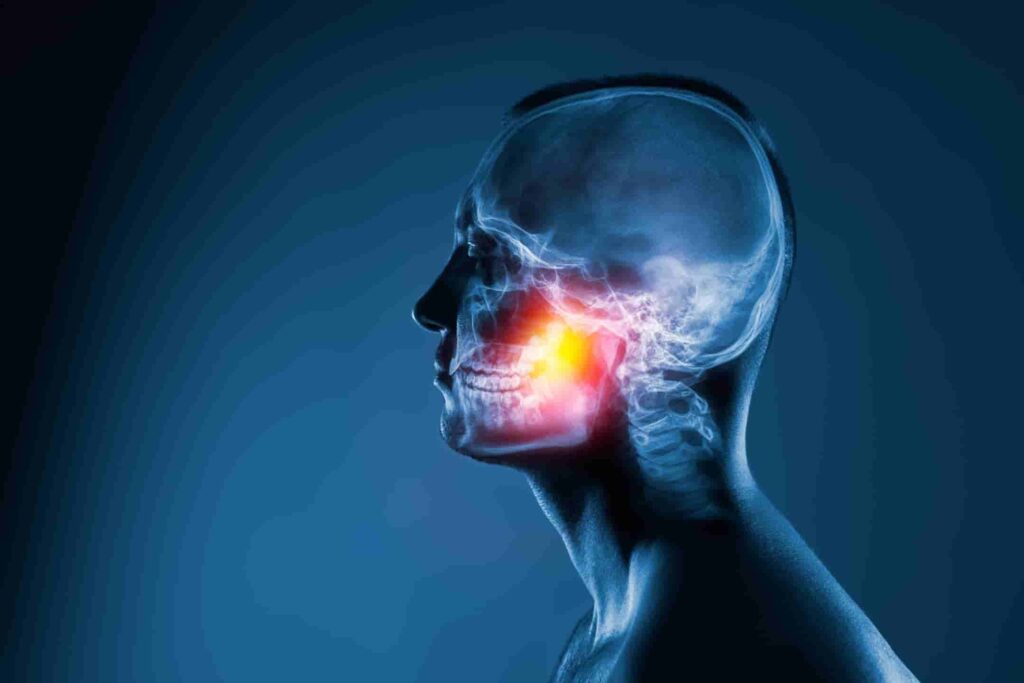The Healing Power of Medical Marijuana: Exploring Neuroprotection
In recent years, medical marijuana has emerged as a promising treatment for a variety of health conditions, including neurological disorders. Beyond its well-known analgesic and anti-inflammatory properties, research suggests that medical marijuana may also offer neuroprotection, safeguarding the brain and nervous system from damage and degeneration. This article delves into the intriguing intersection of medical marijuana and neuroprotection, exploring the potential benefits, mechanisms of action, and future implications.
Understanding Neuroprotection
Neuroprotection refers to strategies or treatments aimed at preserving the structure and function of neurons, the fundamental building blocks of the nervous system. The brain and spinal cord are vulnerable to various insults, including oxidative stress, inflammation, and neurodegenerative diseases like Alzheimer’s and Parkinson’s. Neuroprotective agents mitigate these harmful processes, thereby reducing neuronal damage and promoting overall brain health.
The Endocannabinoid System: A Key Player
Central to the potential neuroprotective effects of medical marijuana is the endocannabinoid system (ECS), a complex network of receptors, endocannabinoids, and enzymes found throughout the body. The ECS regulates various physiological functions, including mood, appetite, pain sensation, and cognition.
Cannabinoids, the active compounds in marijuana, interact with the ECS by binding to cannabinoid receptors (CB1 and CB2) located on neurons and other cells. This interaction modulates neurotransmitter release and signaling pathways, influencing neuronal activity and synaptic plasticity.
Cannabinoids and Neuroprotection: Insights from Research
A growing body of evidence suggests that cannabinoids possess neuroprotective properties, making them attractive candidates for the treatment of neurological disorders. Research has identified several mechanisms through which cannabinoids exert their neuroprotective effects:
- Anti-inflammatory effects: Chronic inflammation contributes to neuronal damage and neurodegeneration in conditions like multiple sclerosis (MS) and Alzheimer’s disease. Cannabinoids, particularly cannabidiol (CBD), have demonstrated potent anti-inflammatory properties, suppressing the release of pro-inflammatory cytokines and reducing immune cell activation.
- Antioxidant activity: Oxidative stress, caused by an imbalance between free radicals and antioxidants, is implicated in the pathogenesis of neurodegenerative diseases. Cannabinoids, such as THC (tetrahydrocannabinol) and CBD, possess antioxidant properties, scavenging free radicals and protecting neurons from oxidative damage.
- Neurogenesis and synaptic plasticity: Cannabinoids promote neurogenesis, the formation of new neurons, and enhance synaptic plasticity, the ability of neurons to form new connections. These processes are critical for brain repair and regeneration following injury or disease.
- Modulation of neurotransmitter systems: Cannabinoids influence the release and uptake of neurotransmitters like dopamine, serotonin, and glutamate, which play key roles in mood regulation, cognition, and motor function. By modulating neurotransmitter activity, cannabinoids may alleviate symptoms associated with neurological disorders.
Clinical Applications and Therapeutic Potential
The potential therapeutic applications of medical marijuana for neuroprotection are vast, encompassing various neurological conditions with unmet medical needs. Some of the areas where medical marijuana shows promise include:
- Multiple sclerosis (MS): Clinical trials have demonstrated the efficacy of medical marijuana, particularly oral cannabis extract containing THC and CBD, in reducing spasticity, pain, and bladder dysfunction in patients with MS. The neuroprotective effects of cannabinoids may also help slow disease progression and improve quality of life.
- Epilepsy: Epidiolex, a CBD-based medication, has been approved by the FDA for the treatment of severe forms of epilepsy, such as Dravet syndrome and Lennox-Gastaut syndrome. CBD has shown anticonvulsant properties and may protect against neuronal damage associated with seizures.
- Parkinson’s disease: Preclinical studies suggest that cannabinoids, particularly CBD, may exert neuroprotective effects in animal models of Parkinson’s disease by reducing oxidative stress, inflammation, and dopaminergic neurodegeneration. Clinical trials are ongoing to evaluate the safety and efficacy of medical marijuana in Parkinson’s patients.
- Alzheimer’s disease: While more research is needed, preliminary studies suggest that cannabinoids may have therapeutic potential in Alzheimer’s disease by reducing neuroinflammation, promoting neurogenesis, and improving cognitive function. Clinical trials investigating the use of medical marijuana in Alzheimer’s patients are underway.
Challenges and Future Directions
Despite the promising preclinical and clinical evidence, several challenges remain in harnessing the full potential of medical marijuana for neuroprotection:
- Regulatory hurdles: The legal status of marijuana varies widely across jurisdictions, posing challenges for patients, healthcare providers, and researchers. Clear and consistent regulations are needed to facilitate access to medical marijuana for individuals with neurological disorders.
- Standardization and quality control: Ensuring the consistency and quality of medical marijuana products is essential for therapeutic efficacy and patient safety. Standardized formulations, dosage guidelines, and quality control measures are needed to optimize treatment outcomes.
- Research gaps: While research on the neuroprotective effects of cannabinoids is advancing, there are still many unanswered questions regarding optimal dosing, long-term safety, and potential side effects. Further research is needed to address these knowledge gaps, including well-designed clinical trials and longitudinal studies.
- Stigma and misconceptions: Despite growing acceptance of medical marijuana, stigma and misconceptions persist, hindering its widespread adoption as a therapeutic option. Education and advocacy efforts are essential to dispel myths and promote the evidence-based use of medical marijuana for neurological conditions.
Conclusion
Medical marijuana holds tremendous promise as a neuroprotective agent, offering hope for millions of individuals living with neurological disorders. From multiple sclerosis to Parkinson’s disease, cannabinoids have demonstrated multifaceted neuroprotective effects, including anti-inflammatory, antioxidant, and neurogenic properties. While challenges remain, continued research and advocacy efforts may pave the way for the integration of medical marijuana into mainstream medicine as a valuable tool for preserving brain health and improving quality of life. As we unlock the therapeutic potential of medical marijuana, we move closer to a future where neuroprotection is not just a possibility but a reality for all.
Disclaimer: This article is for educational purposes only and is not a substitute for professional medical advice, diagnosis, or treatment. Always consult a qualified healthcare provider with any questions about your health or medical conditions.

Dr. Nicholas Marsh is board-certified by the American Board of Anesthesiologists and has over 37 years of healthcare experience. Recognized by FindaTopDoc.com for clinical excellence, he now focuses on educating, supporting, and certifying patients for medical cannabis.







